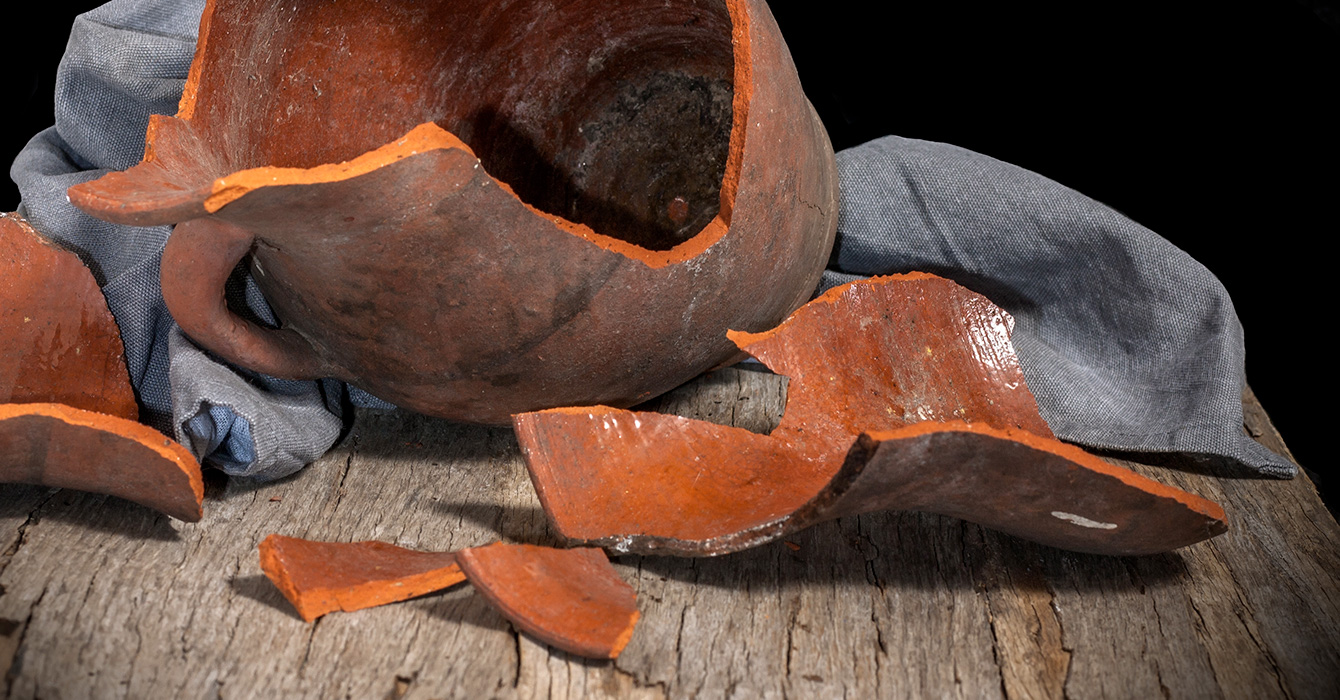Two years ago, when the news broke about Jean Vanier’s abuses of women, I took his books off my shelves and put them in a plastic grocery bag next to the bookcase. They sat there for a month or two, until I moved them next to the back door. Several months after that, I moved them to the garage. The books remain there, collecting dust.
In February 2020, an independent inquiry launched by L’Arche found that Vanier, in addition to lying about and enabling sexual abuse by his mentor, himself abused six adult women without disabilities who came to him for spiritual mentorship.
Not everyone who does work at the intersections of disability, theology and faith communities has been a fan of Vanier’s approach. But prior to the abuse revelations, at least in the circles I was in, there was little criticism of his work directly.
While Vanier (and L’Arche even more so) was an initial door for me into these conversations, as I engaged with more voices over the years, particularly of people with disabilities, my perspectives took new directions. But I hesitated to voice any critique of Vanier, really, until his abuses came to light.
Why didn’t I feel free to name those things before? I am still asking that question.
And as I think about Vanier’s legacy these two years later, I realize that after the initial weeks of intense reflection and examination, I’ve mostly kept my thoughts and feelings about it shut up next to his books in the garage, all gathering dust together. I don’t think I’ve been alone in this response.
It feels tender and complicated. Simply discarding the ideology of someone who wrote about the gifts of vulnerability and then turned out to have taken advantage of people’s vulnerability many times over — well, that feels straightforward enough. But the harder truth is that there are aspects of what Vanier represented that still feel dear to me. I struggle with how to hold those now.
If it hadn’t been for L’Arche, a movement started by Vanier (though now with an identity far beyond him), I would be significantly poorer in friendship and smaller in love, and I likely would not have gained an imagination for inclusive communities — an imagination I acted on to create a faith community with certain values similar to L’Arche.
I’ve parted with Vanier in a number of ways, but a few ideals continue close to my heart: that a deep, common humanity unites us in the face of our differences, that our places of woundedness and vulnerability can be beautiful locations of intimacy and healing, and that in the small things of life together, we integrate our hearts and bodies as places to give and receive love and tenderness.
Even as I name these things now, though, I am immediately aware of other, important, potentially conflicting values.
In engaging many more perspectives on disability and community, particularly the perspectives of a diversity of disabled people themselves, I have come across helpful pushback. For example, how emphasizing only our common humanity can minimize the unique barriers and the pervasive ableism that disabled people face, keeping those from being recognized and addressed.
Or the way Vanier tends to talk about loving friendship between people of vastly different amounts of power only as something lovely, without significant engagement with how power dynamics affect those relationships — an omission that feels even heavier now.
Or the reality that to some people, vulnerability might not feel entirely beautiful. It can be irresponsible to praise it so highly without strongly naming its serious downsides (like those for people with intellectual disabilities, whose vulnerability is too often exploited in abuse and trauma). It can be easier for those of us who have greater control over when and how we express our vulnerability to be captivated only by its beauty and goodness.
I find myself wanting to integrate all of these elements somehow. And I will, of course, continue exploring and excavating how Vanier’s ways of thinking might have roots in me that could lend themselves to misuses of power, to not engaging individuals with intellectual and developmental disabilities in truly loving, dignifying ways that acknowledge God’s goodness in creating us all as we are.
While naming in no uncertain terms that the voices of disabled people must be primary, I find myself, as a (relatively) nondisabled person, also craving thoughtful models and conversation partners about how we nondisabled folks can participate in inclusive communities well.
With the news of Vanier’s abuses, we lost a foundational symbol of a nondisabled person living in community with people with significant disabilities. While I have a number of friends living in L’Arche, it had felt comforting and grounding to know there was an elder in the faith paving the way, even when I began to pave it differently in my own life.
Vanier’s legacy had issued a widespread invitation for people with and without significant intellectual disabilities to share life together as equals.
The emphasis tended to be on equality and how we are all wounded and can connect through compassion in our shared frailty (which can be true). But in this focus on togetherness, not enough attention was paid to how easily those of us without significant intellectual disabilities can (and do) impose our will on those who have them, and how seriously we need to examine our power in these relationships.
I want my conversations around how people with and without significant intellectual disabilities share our lives together to continue to focus on love and kinship, but with equal attention to power.
I want to remember Vanier’s story to learn from his mistakes, but ultimately I want to move forward with the beautifully diverse community whose voices and practices truly embody the liberative love of Jesus, where — as individuals and communities — we can self-interrogate regularly enough to change course when they don’t.













